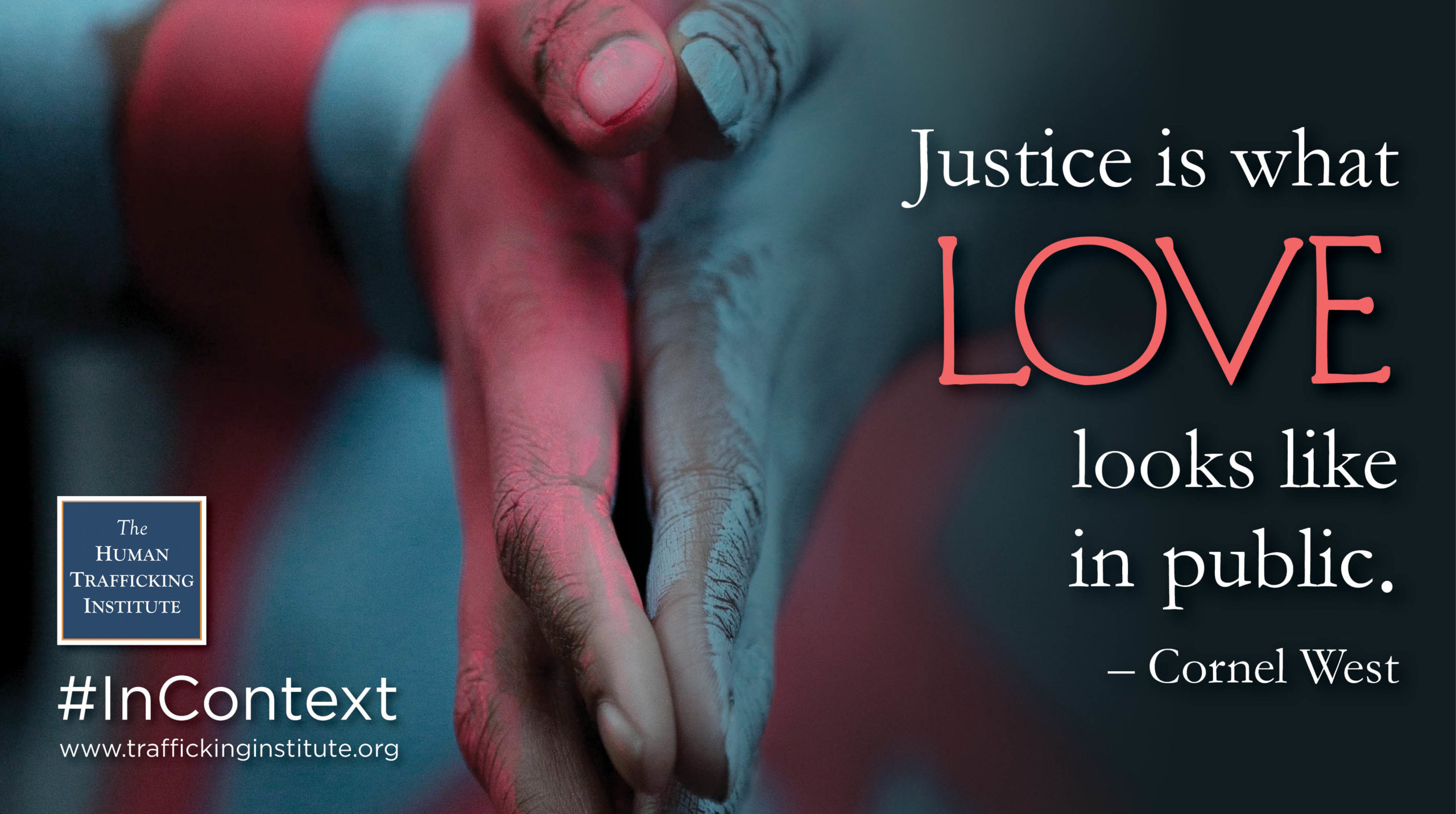“Justice is what love looks like in public, just like tenderness is what love feels like in private,” said Dr. Cornel West, Professor of Philosophy at Union Theological Seminary and Professor Emeritus at Princeton University. The provocative black intellectual has said this on more than one occasion. However, it was during his speech at Howard University in April 2011 when West had the time and freedom to situate his well-known quote within a broader message. His message in a nutshell: “It’s not about you.”
West’s subject matter was black hardship in America. Yet his broader point was that greed and selfishness, which are the root of exploitation, ought to be replaced with “unarmed truth and unapologetic love.”
“Unarmed truth” is bold honesty at great cost to the self, even to the point of death. To illustrate, West shares that Dr. Martin Luther King Jr. used to ask civil rights leadership in the South, “Do you have your cemetery clothes on?” In their commitment to nonviolent protest, they were literally unarmed in a system hostile to their existence. He was asking them to be prepared to die for the truth.
For West, the paragon of unarmed truth was Jesus of Nazareth. He recounts the story of Jesus overturning market stalls in the Temple of Jerusalem. Jesus could not tolerate traders swindling people out of their money on holy ground. He was tortured and executed for his countercultural message. Yet even during his trial his message never waivered. He was unapologetic.
To illustrate unapologetic love, West lists several features of the African-American demographic that black communities tend to avoid addressing. “Don’t talk about the truth if you’re not talking about the prison industrial complex, dilapidated housing, depression-like levels of unemployment, the way we terrorize each other, and the way we put each other down.” For West, shying away from these hard truths does a disservice to the mistreated. Yet sweeping them under the rug is the polite norm: “Everybody’s smiling while folks are getting crushed down here!” This “deodorized discourse,” masquerades as courtesy, but is truly motivated by the selfish desire to remain comfortable. Instead, West preaches a version of tough love: “Love us enough to tell us the truth.”
Yes, this level of commitment requires courage. But unfortunately, just when we need it most, “We live in a moment in which there is a courage deficit. People want to be popular and comfortable. They don’t have the courage to tell the truth,” said West.
One truth is that slavery is an epidemic today. An estimated 24.9 million individuals are abused and exploited for their sex or their labor across the globe. This is the sort of truth that is tempting to arm ourselves against and to protect our own emotions from these tragedies. But to sweep the facts under the rug would be to fail to love the victims, and would ultimately, impede justice.
So then, unarmed truth and unapologetic love, if not synonymous, “go hand in hand,” according to West. Together, they are the antidote to a damaging self-centeredness. Whoever you are, it’s not about you. Once truth and love are the primary values on a large scale, justice will finally follow, precisely because justice is what love looks like in public.




